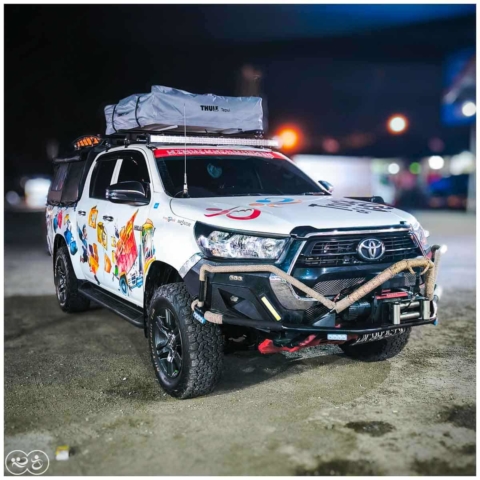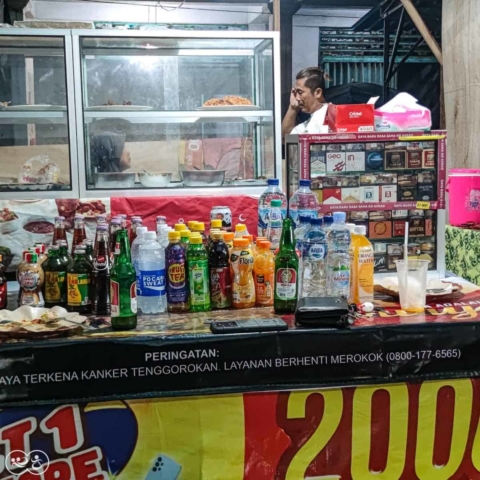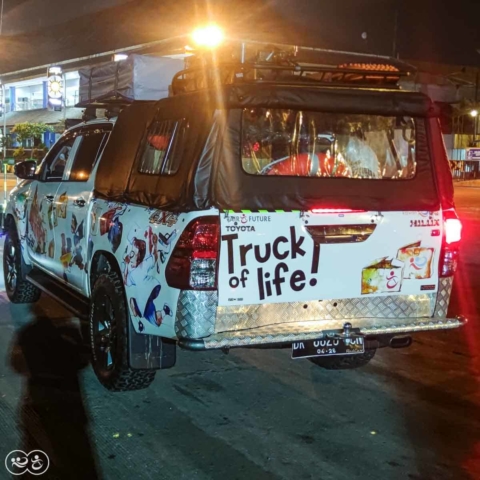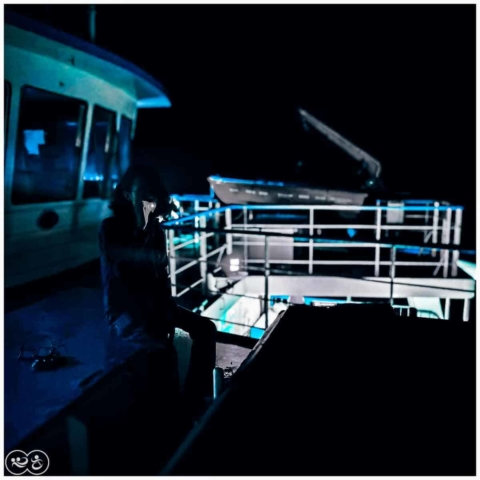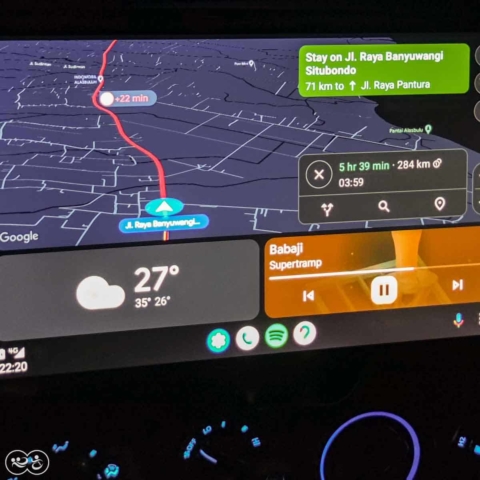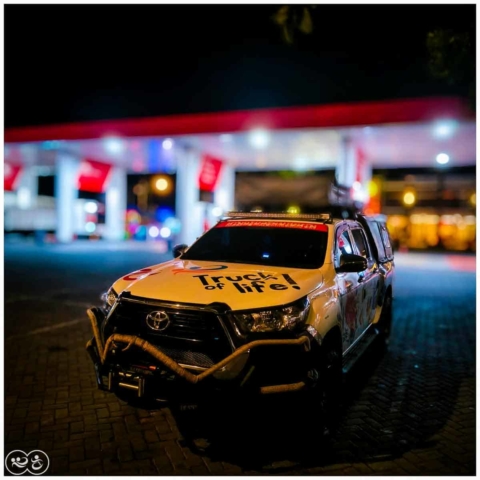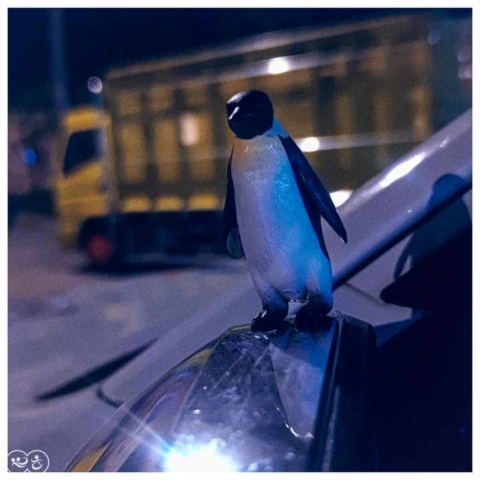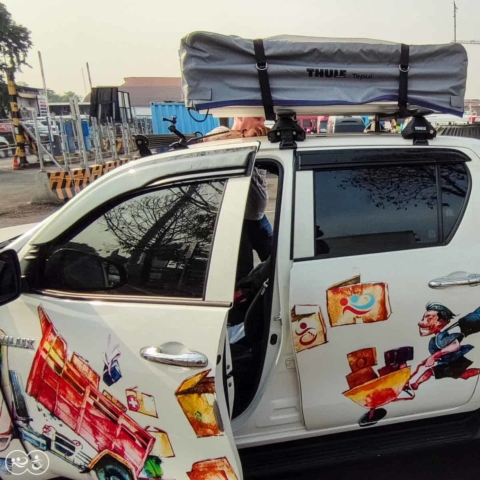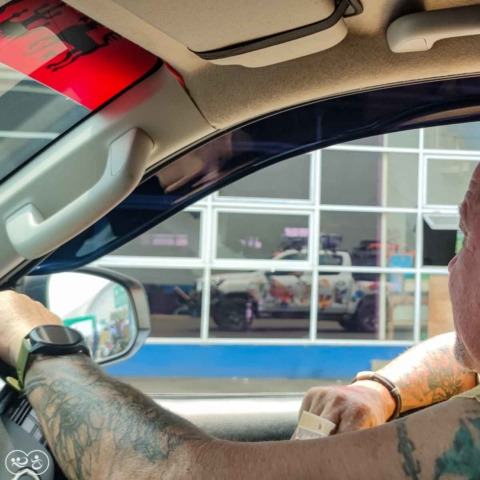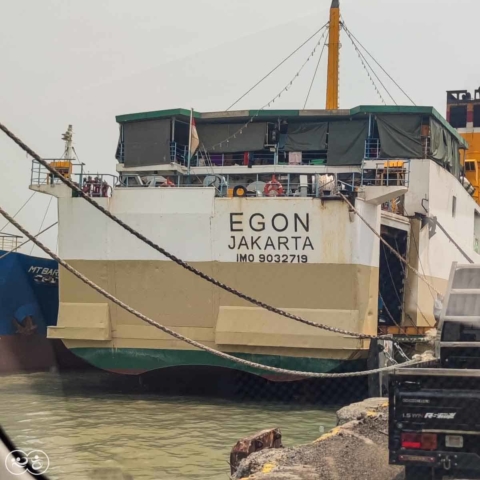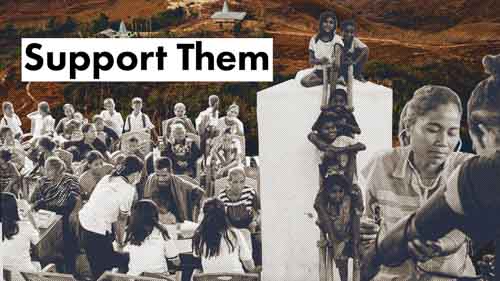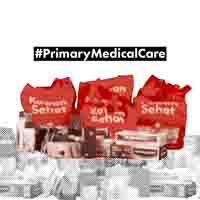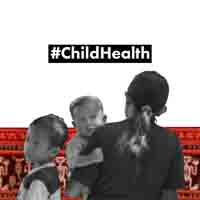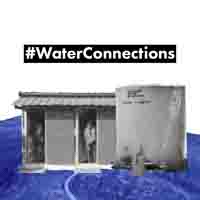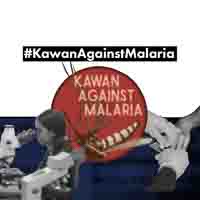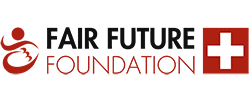A remarkable expedition delivering vital medical aid to ultra-rural and isolated regions of East Indonesia
Resilience and dedication to reach remote communities with care, supplies, and solutions
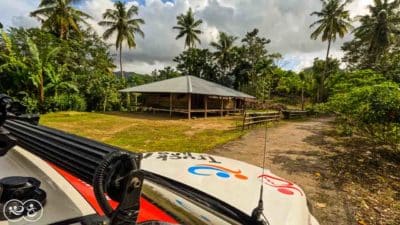
The Truck of Life is an innovative approach to addressing the healthcare challenges faced by people living in remote and rural areas of Indonesia.
Follow our arduous journey from Denpasar to the heart of East Indonesia’s ultra-rural regions, facing traffic jams, scorching sun, and ferry challenges, all to ensure the delivery of life-saving medical supplies for our #PrimaryMedicalCare and #ZeroMalaria programs.
Through every challenge and obstacle, we remain committed to our mission because the lives of those in East Indonesia’s ultra-rural regions depend on it. Our journey is a testament to the resilience and dedication of our team, and it’s a reminder that together, we can make a real difference.
The journey we embarked on between November 16th and 20th to reach the Fair Future and Kawan Baik Foundations’ base camp, “Rumah Kambera,” in Lanbanapu, East Sumba, with the #TruckOfLife deserves to be told in detail. Far from idyllic tales of sunrises and picturesque landscapes, it was a real ordeal lasting over four days, an experience that reminded us of the vital importance of our mission in the ultra-rural regions of East Indonesia, where the #PrimaryMedicalCare and #ZeroMalaria programs are essential.
The journey began in Denpasar on November 16th, with the crucial goal of reaching the Tanjung Perak port in Surabaya. Our cargo, transported by the #TruckOfLife, included nearly a ton of medical equipment and medicines needed for the Foundation’s medical care programs in these remote regions. This was no ordinary trip; it was a life-saving mission.
The road in Java is far from a walk in the park. Traffic jams kept us trapped for over four hours, including three hours between 2 and 4 in the morning, surrounded by a sea of trucks amidst carbon monoxide fumes. It was a gruelling experience that raised fears of missing the crucial ferry scheduled to depart at noon. Our imperative was to reach the port before 9 in the morning.
We finally arrived at the Tanjung Perak port around 8 in the morning, exhausted but ahead of schedule. A brief break in a $12 hotel room allowed us to shower quickly and rest for 30 minutes. Alex had been driving nonstop for over 15 hours in challenging conditions. We were finally on the verge of boarding.
At the port, Wahyu and I had to spend two hours figuring out how to obtain the tickets we had reserved and paid for. It was a frantic dash between counters under the scorching sun to obtain the precious tickets.
In the span of four days, our #TruckOfLife journeyed across challenging terrains, not just carrying tons of medical supplies, but bearing the promise of health and hope to East Sumba. Every kilometer covered marks our steadfast dedication to the #PrimaryMedicalCare program, ensuring that no distance is too great in our mission to reach and heal the most remote communities.” – Alex Wettstein, CEO and Founder, Fair Future Foundation
However, a significant obstacle arose when an official was overly zealous, asking us to unload the truck to weigh all the boxes completely. It’s worth noting that we carried nearly a ton of medical equipment and medicines. Keeping one’s composure in such situations is crucial. After tense discussions and negotiations, we could finally board the Egon ferry, a giant equivalent to more than two football fields.
We brought the maximum personal supplies to survive these three days: toiletries, water, extra food, spare clothes, sleeping bags, pillows, and more.
This ferry is, in reality, the only means of supplying vital goods to this remote region of Indonesia, one of the farthest from civilisation. The ferry journey unfolded in extreme conditions, lasting nearly 70 hours. The heat was stifling, and living conditions were challenging. The food was basic and unappetizing, and the sanitary facilities were limited and shared by many. But these minor inconveniences became amusing anecdotes over time, and we adapted to the situation.
Hundreds of people shared a massive dormitory, sleeping on mattresses side by side. We made acquaintances, shared bits of our lives, and offered help. This ferry journey was like life in a small village, where, in the end, almost everyone knew each other.
We finally arrived at the Waingapu port on November 20th, around 4:30 pm, but we could only unload the truck from the Ferry Egon around 11 pm because we had to wait for the tide to rise. Ports in this region lack suitable docks for ferries of this size. We had to wait until the vehicles could finally disembark from this sea giant.
This journey was a stark reminder of the harsh reality faced by ultra-rural communities in East Indonesia. But it also reminded us of the crucial importance of our work and the need to continue providing vital medical care, preventing diseases, and supporting these vulnerable communities. We share this experience to generate understanding and interest among our readers because, through these journeys, we can continue to make a difference in the lives of those who need it most.
Thank you for joining our mission and becoming integral to this remarkable transformation.
Alex Wettstein – Fair Future Foundation medico-social camp in East Sumba – Rumah Kambera, Lambanapu, November 20th, 2023.
Capturing moments from our trip to bring medical equipment and medications to Sumba
Truck of Life: A Grueling Expedition to Reach the Remote Regions of East Indonesia, Delivering Hope Through the Fair Future Foundation’s #PrimaryMedicalCare and #ZeroMalaria Programs.
A Four-Day Journey From Denpasar to Tanjung Perak Port: Overcoming Traffic Jams, Exhaustion, and Official Scrutiny to Board the Egon Ferry, Uniting Communities in the Heart of Ultra-Rural East Indonesia.
In four intense days, from November 16th to 20th, we embarked on an arduous journey to reach the Fair Future Foundation base camp “Rumah Kambera“ with the #TruckOfLife. Far from idyllic tales of sunrises and picturesque landscapes, this expedition was a relentless ordeal that brought into sharp focus the vital importance of our mission in the ultra-rural regions of East Indonesia, where the #PrimaryMedicalCare and #ZeroMalaria programs are lifelines.
The journey commenced in Denpasar on November 16th with a singular objective: to reach the Tanjung Perak port in Surabaya. Our cargo, transported by the #TruckOfLife, carried almost a ton of medical equipment and medicines, indispensable for the Foundation’s medical care programs in these remote regions. This was no ordinary trip; it was a life-saving mission.
Navigating the roads of Java was anything but easy. Gridlocked traffic held us captive for over four gruelling hours, including a challenging stretch from 2 to 4 in the morning, nestled in a sea of trucks amid carbon monoxide fumes. It was an exhausting experience that fueled anxieties about missing the crucial ferry set to depart at noon. Our imperative was to reach the port before 9 in the morning.
Around 8 in the morning, we finally arrived at the Tanjung Perak port, weary but ahead of schedule. A brief respite in a modest $12 hotel room granted us a quick shower and 30 minutes of rest. Alex had been steering non-stop for over 15 hours in demanding conditions. Boarding time was drawing near.
However, a significant obstacle materialized when an official was excessively meticulous, demanding a complete truck unloading to weigh all the boxes. Notably, we were carrying nearly a ton of medical equipment and medicines. Maintaining composure in such situations is paramount. After tense discussions and negotiations, we eventually gained passage onto the Egon ferry, a behemoth equivalent to more than two football fields.
We stocked up on personal supplies to endure the three-day journey: toiletries, water, extra food, spare clothes, sleeping bags, pillows, and more.
In reality, this ferry serves as the sole conduit for delivering essential goods to this remote region of Indonesia, one of the farthest from civilization. The ferry ride unfolded under extreme conditions, spanning nearly 70 hours. The oppressive heat and challenging living conditions tested our mettle. The food was rudimentary, and the sanitary facilities were meagre and shared among many. Over time, these minor inconveniences morphed into amusing anecdotes, and we adapted to the circumstances.
A massive dormitory housed hundreds of passengers sleeping on mattresses side by side. We made acquaintances, shared fragments of our lives, and extended assistance. This ferry journey resembled life in a small village, where, in the end, almost everyone became familiar with one another.
On November 20th, around 4:30 pm, we finally reached the Waingapu port. However, unloading the truck had to wait until around 11 pm because we had to wait for the rising tide. Ports in this region lack suitable docks for ferries of this magnitude. We had to be patient until the vehicles could disembark from this colossal sea vessel.
This journey served as a stark reminder of the harsh realities faced by ultra-rural communities in East Indonesia. Yet, it also reinforced the critical importance of our work and the need to persist in delivering vital medical care, preventing diseases, and supporting these vulnerable communities. We share this experience to foster understanding and interest among our readers because it is through such journeys that we continue to impact the lives of those who need it most.
We cordially invite all captivated by this story to explore our photo gallery, witness this extraordinary effort, and further engage with our mission through our Instagram account.
Alex Wettstein – Fair Future Foundation medico-social camp in East Sumba – Rumah Kambera, Lambanapu – November 20th, 2023.



